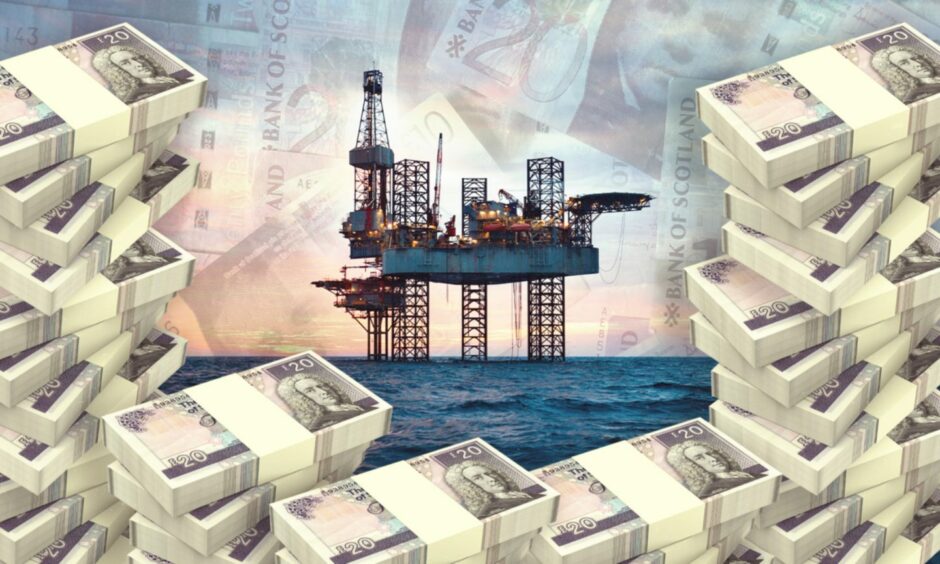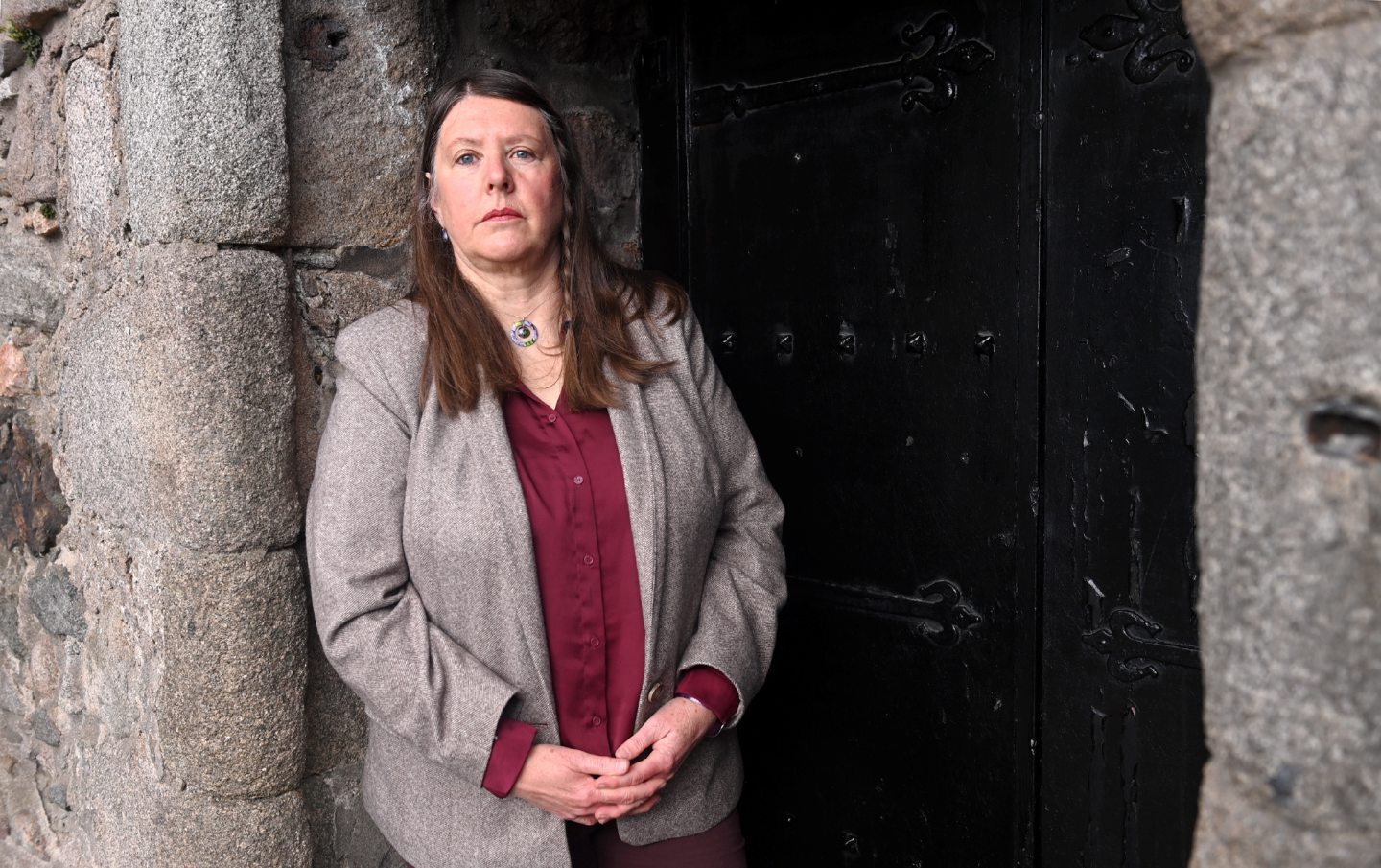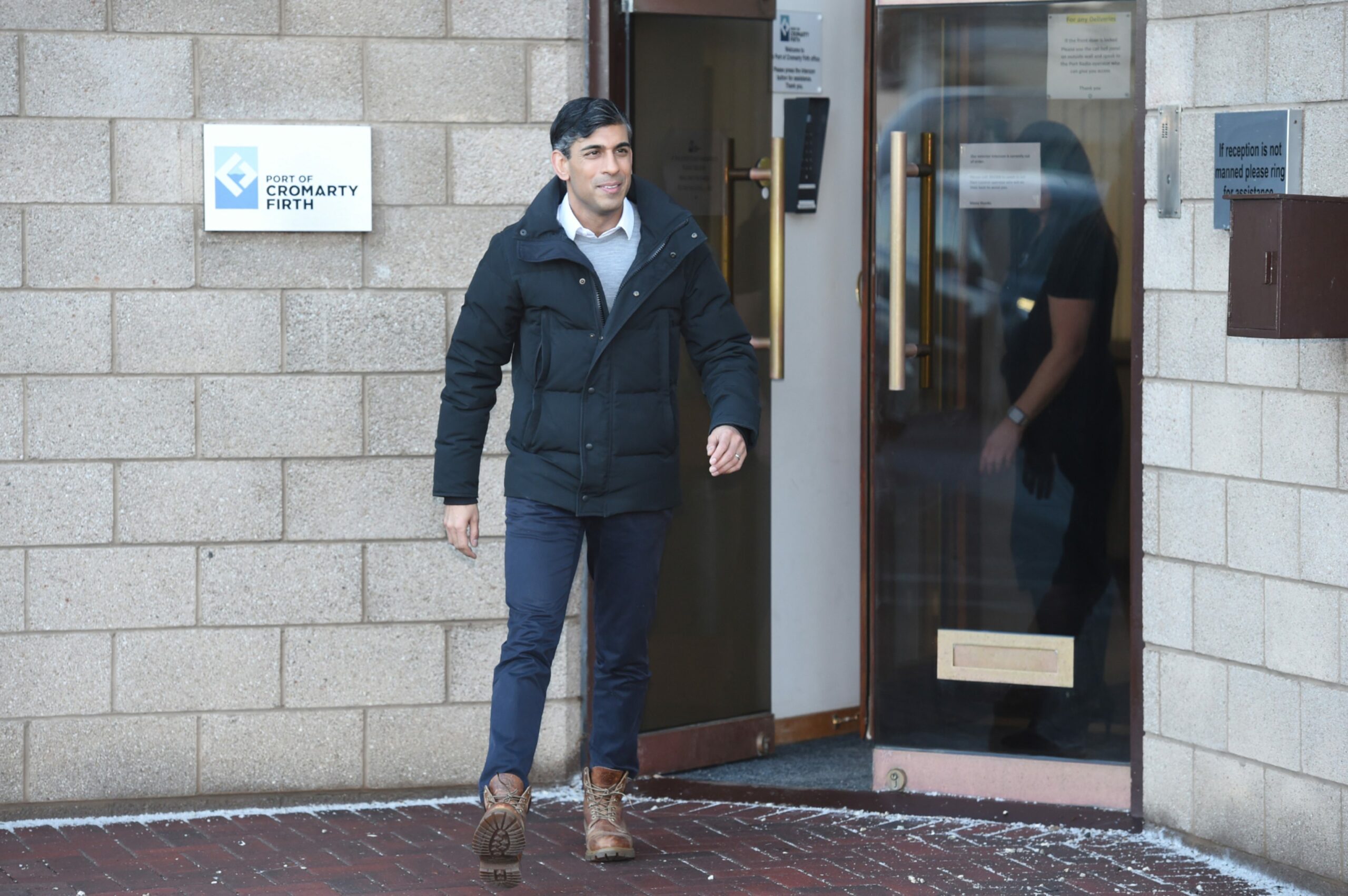
It sounded like a good idea at the time. If energy companies such as Shell and BP were making massive profits, while other businesses were struggling, why not introduce a windfall tax to give more revenue to the government?
Rishi Sunak unveiled the new move when he was still chancellor of the exchequer last summer, describing it as a 25% Energy Profits Levy. A few months later, once he had replaced Liz Truss as PM in Downing Street, the new chancellor, Jeremy Hunt, revealed this would increase to 35% and stay in place until March 2028.
However, these steps have sparked concerns from industry bodies and warnings of large-scale redundancies across the oil and gas sector, with Harbour Energy announcing last week it intends to cut jobs, understood to be in the hundreds, after confirming it had launched a review of its UK business in response to the windfall tax.
Policy opposed by many
The controversial policy is opposed by business groups and many academics. While the Greens, despite thinking a levy was the right move, disagree with how this particular windfall tax works.
This week, it emerged the levy on North Sea producers had raised nearly 25% less than expected, prompting fresh calls for a rethink from the ruling Conservatives.
Ryan Crighton, director of policy and marketing at Aberdeen & Grampian Chamber of Commerce, is among those who fears the consequences of the tax being retained.
He said: “What we have seen in recent weeks is what happens when politicians put populism before pragmatism. The Chamber has been warning since last spring that a windfall tax on the UK energy sector would lead to disinvestment and job losses. Increasingly this is coming home to roost.
“Less than a year ago, it would have been inconceivable to think that Harbour Energy had chosen not to bid in the latest licencing round and are consulting with staff about ‘significant’ redundancies. But this is the situation we have been left with.
“The blame for these job losses lies firmly at the door of Rishi Sunak and Jeremy Hunt [who] ignored industry warnings. Now, people in our region are paying with their livelihoods and the prospect of domestic energy security and the UK becoming a leading player in renewable energy could slip away, unless we see urgent action.
‘Urgent action’ needed from the government
“The Treasury is now banking £2.1bn a month in tax revenues from companies operating in the North Sea, yet oil prices have pretty much returned to where they were before the Ukraine conflict. It’s not only traditional oil and gas operators that are being impacted. The chief executive of Scottish and Southern Energy warned recently they ‘may have to give up’ on some green energy projects as a direct result of windfall tax.
“This cannot be allowed to continue and we urge the Prime Minister and his chancellor to visit Aberdeen as a matter of urgency to hear from businesses about the impact their policies are having and the changes in approach that are urgently required.”
An HM Treasury spokesperson said: “The Energy Profits Levy strikes a balance between funding cost of living support while encouraging investment in order to bolster the UK’s energy security.
“We have been clear that we want to encourage reinvestment of the sector’s profits to support the economy, jobs, and our energy security, which is why the more investment a firm makes into the UK, the less tax they will pay.”
Region needs ‘investment and positive news’
The situation hasn’t been helped by developments elsewhere, whether in the cost-of-living crisis or the recent news Aberdeen had missed out on gaining freeport status.
And Professor Paul de Leeuw, the director of the energy transition institute at Robert Gordon University is in no doubt about the severity of the current problems.
He said: “The levy was aimed at taxing oil and gas profits, boosted by high commodity prices that had been exacerbated by Putin’s unlawful invasion of Ukraine. In an attempt not to damage investment, the government also introduced new tax deductions for companies that choose to reinvest their profits in oil and gas-related activities.
“But with commodity prices now back to levels seen before the invasion on Ukraine, the industry is facing windfall taxes, without making windfall profits. This is starting to materially impact investor confidence and new investment in the industry.
“The effect is even more marked in the north-east. The cumulative impact of windfall taxes, lower investments, limited progress on the Scottish cluster, an unsuccessful green freeport bid and the presumption against oil and gas activities from various political parties is going to significantly affect the economic prosperity of the region.
“The north-east is a world-class energy powerhouse and is crucial to delivering the country’s energy transition. This will require continued investment, commitment and support. The region needs an urgent injection of positive news and investment.”
Even those convinced of the validity of taking environmental action to limit the activities of multinational businesses who are pressing for new drilling in the North Sea have little faith in how the issue of the levy is being tackled by the government.
Guy Ingerson, the co-convener of the Aberdeen Greens, who formerly worked in the energy sector, said: “A windfall tax on energy company profits was the right call. Huge profits have been made from both the destruction of our environment and the suffering of many in society, particularly during the cost-of-living crisis.
‘Laughable’ arguments being made
“The UK, USA and Europe’s top energy firms raked in an approximate, combined and record profit of $200bn (just over £160bn) last year.”
Tax relief for investment in UK oil and gas production comes in at around 91p for every £1 spent, with the exception of investment in decarbonisation which the government says will attract total tax relief of £1.09 for every £1.
The amount of tax a company pays after claiming reliefs depends on a number of factors. This is the same for all companies and taxes, not just oil and gas companies and the Energy Profits Levy.
Mr Ingerson criticised the tax relief stance, saying: “This incentivises further investment in exploring and extracting fossil fuel that will worsen climate change and do little to address the energy crisis. The idea it acts as a disincentive is laughable.
“Company executives cannot use the light touch windfall tax as an excuse for their lack of investment in renewables. They spend billions on lobbying to delay climate action and make eye-watering profits, so perhaps they could instead invest that money on renewables, in our communities and on reducing people’s energy bills.”
Meanwhile, Mr Crighton looking ahead to the Chancellor’s spring statement in March, said: “Harbour Energy’s recent announcements should serve as a warning shot of what is to come if the government does not revisit this job-destroying policy.”
However, Sandra Macdonald, the Aberdeen Labour councillor with decades of experience in the energy sector, argued it was time the windfall tax wasn’t cynically deployed as an “excuse” by management heads to slash staff numbers.
‘We need leaders to invest in staff’
She said: “I worked in the energy industry for more than 30 years and I think that companies which aren’t willing to pay their fair share aren’t much use to this country or any other. They should indeed sell up to those competitors who are willing to pay for the chance to make windfall profits, instead of pretending they’re being hard done by.
“Instead of bosses using the windfall tax as an excuse to cut jobs and squeeze wages, we need leaders in the energy industry willing to invest in their staff, diversify their production and expand their skillsets to meet the opportunities of the future.”
Clearly, something has to give. Trade body Offshore Energies UK warns that the tax risks “driving out investment” from Britain, which would lead to the country importing more oil and gas from overseas – with higher carbon emissions.
Yet, it appears Sunak has made his decision and is sticking with it.






